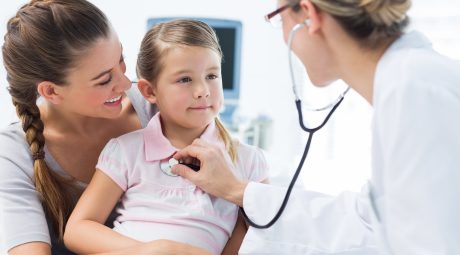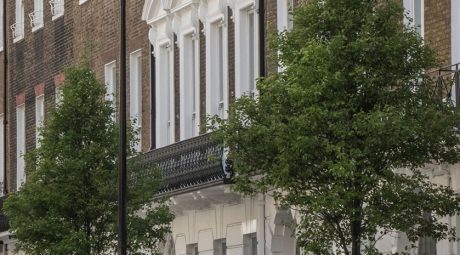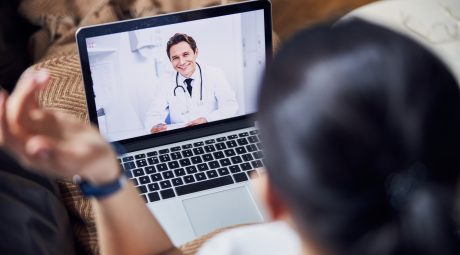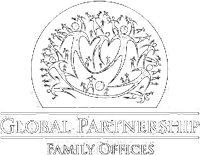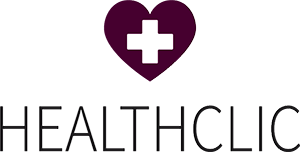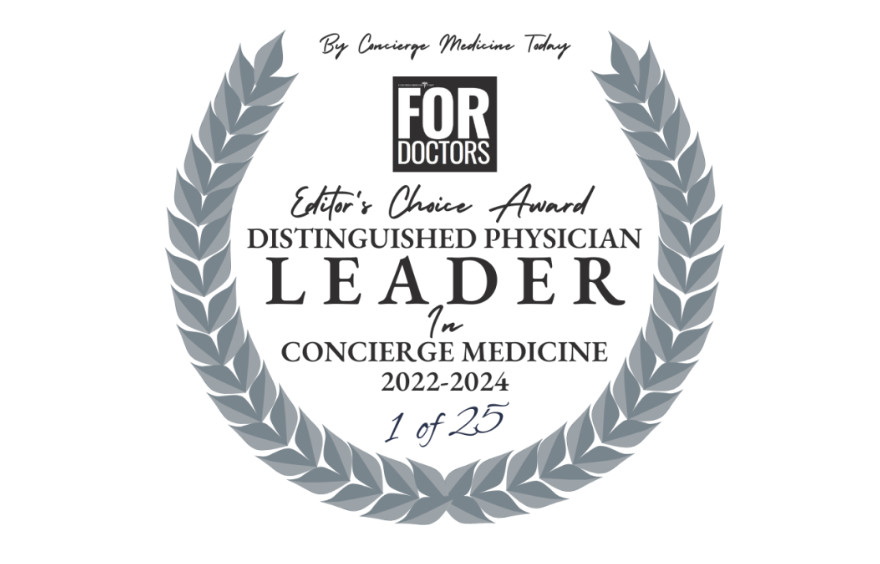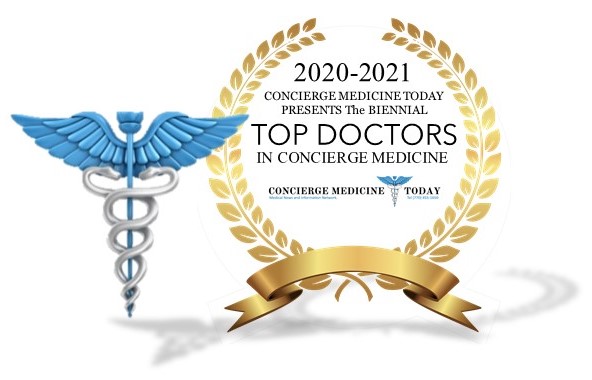The Case of Novak Djokovic – How Do Concierge Doctors Deal With Vaccine Mandates?
By HealthClic, Concierge Medicine in London
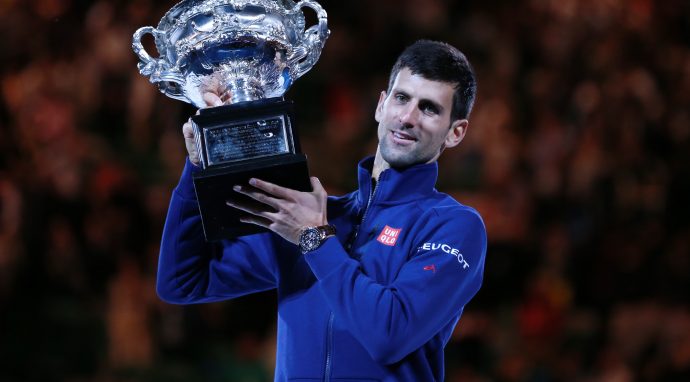
At the start of 2022, the world was in utter shock when tennis player and world number 1 Novak Djokovic had his visa cancelled and was banned from competing in the Australian Open. Djokovic had been granted a VISA through a medical exemption to enter the country – despite not being vaccinated against COVID-19. Mr Djokovic had provided proof of recent PCR-confirmed SARS-CoV-2 infection within the past 6 months.
He was held by immigration control for a few days, due to not being fully vaccinated or providing sufficient documents as proof for his exemption. Eventually, after being held for a few days, he was released and allowed to continue with his plans to compete in the Australian Open, but sadly only days later his visa was cancelled again and he was forced to return home. There was outcry from fans around the world, and this drama raised serious concerns amongst many individuals around the world about what vaccine mandates could mean for the average person who just wanted to do his/her job.
What Are The Consequences Of Being Unvaccinated?
These vaccinations against COVID-19 intend to reduce chance of developing serious illness following COVID-19 infection, but unfortunately some variants have shown a high prevalence amongst not only the unvaccinated, but even vaccinated people. Whilst COVID-19 vaccines reduce the risk of serious disease, they are not necessarily going to stop you from catching the virus itself. Most healthy people (vaccinated and unvaccinated) may find that they have relatively mild symptoms when they contract COVID-19, and as a result appear to be less likely to spread it compared to people who have acute symptoms that may include coughing, sneezing, runny nose, etc.
When it comes to looking at this sensational – and perhaps at times theatrical – situation with Djokovic and the Australian Open, many of the general population felt insulted that they had contributed to over 90% of Australia’s population being vaccinated, and did not feel it was appropriate to so easily let the World Number One off. But to fully assess the consequences – we must look objectively purely at the argument for why Djokovic was sent home. Was there really legitimate concern and reason for him to be prevented from playing tennis – and doing his job?
Firstly, we understand as a medical community that COVID-19 spreads much more easily in crammed, indoor spaces. Assuming that the main issue was that Djokovic could spread COVID-19 and cause serious illness in the tournament, this allows us to assess the risk in a clearer manner. Tennis is a sport that is played (almost) always outdoors. The Australian Open was certainly being played outdoors, which means there is a low risk for Djokovic’s fellow players, camera men or fans to catch COVID-19 from him. Secondly, we must look at the distance. From normal breathing, the direct contact/short range for droplets is up to 1 metre – but coughing and sneezing can generate up to 350,000 droplets that can be spread up to a distance of approximately 2-3 metres[1]. When playing tennis, Djokovic would be more than 1 meter away from his opponents (assuming he is not coughing or sneezing whilst playing), and arguably there could have been additional measures put in place to protect others in indoor settings yet still allowing him to play, e.g. mask-wearing if he was indoors.
Secondly, when we assess the concern of droplets being transported over a distance, we must remember also that tennis is not a contact sport. Many footballers in the UK continue playing without taking a COVID-19 vaccine, and they have direct contact with other players.
Additionally, if you do experience breakthrough infection despite being vaccinated, studies in fact suggest that vaccination might only halve the risk of long COVID — or have no effect on it at all.[2][3]
The major contestable point in favour of Djokovic was that – all those participating in or working at the Australian Open were still at risk of contracting COVID-19, as even those who are fully vaccinated could have spread the virus and the long COVID argument is refuted due to the studies above. By removing Djokovic, they had not fully removed the risk to others – some risk still remained.
Could Risk Management Have Been Implemented?
As a concierge doctor, this would make more sense. You will never convince everyone to agree with you or implement your advice – but you can recommend risk management strategies to allow life to continue, and in this case, the ATAGI (national advisory board for vaccines in Australia)* needed to be comfortable enough to allow Djokovic to continue with his job. This could have been achieved – at least to the level of sufficiently reducing the risk of COVID-19 to a level which would be on par with if Djokovic had been fully vaccinated.
At HealthClic, we have faced similar situations since the start of the pandemic – and managing the expectations of VIPs whilst working in a pandemic is certainly not easy. Global figures like Novak Djokovic are used to pushing boundaries and getting what they want – rightfully so as they are extremely focused, hard-working and dedicated individuals with strong mindsets (which even as their trusted doctor, you may not always change completely). However, as their concierge doctor, these patients trust you because you don’t judge them for this. We have been brought in several times over the past 2 years to assist with risk management – particularly where sometimes crucial household staff members do not want to be vaccinated against COVID-19. There are many recommendations we make in such cases, and in the case of the Australian Open, the following simple steps may have reassured the ATAGI (these are not exhaustive):
- Ensure Mr Djokovic is tested for COVID-19 by rapid antigen test twice daily
- Ensure Mr Djokovic is tested for COVID-19 by PCR test every 1-2 days
- Ensure Mr Djokovic maintains 2 metres distance from others where possible and wears a mask covering his nose and mouth whilst indoors with others
- Ensure that others who come within 2 metres’ distance of Mr Djokovic are advised to wear a mask for their protection
Djokovic may have been more agreeable to these steps, and at HealthClic this is something we have helped with a lot recently. Sometimes all it requires is some middle ground to make sure that all parties are happy and also feeling comfortable and safe – with sensible measures within reason. Whilst the above measures seem quite comprehensive, sometimes we must prioritise keeping one member of the party – in this case the ATAGI – happy, so that the VIP’s main priority (in this case Djokovic’s job and Australian Open participation) is honoured.
Should We Continue With Life Normally & Do VIPs Like Djokovic Need to Change Their Stance?
Overall, the goal of COVID-19 vaccination efforts has always been to reach herd immunity levels. There will always be some individuals who are not keen on vaccination, however you may not always be able to influence their decision.
Ultimately, genetic impacts are also higher than we thought when it comes to contraction of COVID-19, which affirms the fact that you may not fully be able to control the virus’ impact on others – which includes long COVID – purely through vaccination efforts (although they greatly help).
A study of 332 patients concluded that genetic variants had a profound impact the likelihood of patients being asymptomatic, mild, moderate, serious or critically ill from COVID-19[4]. A UK study also reported that those with blood group A were more susceptible to a serious COVID-19 infection, compared to those with blood group O, who were reported to have the least severe infection[5]. Genetic variants really do seem to play a part which doctors had not previously considered so highly – and it could be that contraction of COVID-19 can also be affected by these. We will never know for sure why some people seem to respond completely different to COVID-19 than others, but what we do know is that working towards herd immunity seems to have got many of us back to work, out of lockdowns and seeing our loved ones again. As a concierge practice our advice is – if you want to protect your family, seek advice from your doctor and take steps that you think will protect you and your family. The government may say one thing today and another thing tomorrow – but the most important thing is to seek medical advice from a trusted, private doctor (or your concierge doctor) so that you can make informed decisions and feel comfortable.
References
[1] Senatore, Vincenzo et al. “Indoor versus outdoor transmission of SARS-COV-2: environmental factors in virus spread and underestimated sources of risk.” Euro-Mediterranean journal for environmental integration vol. 6,1 (2021): 30. doi:10.1007/s41207-021-00243-w
[2] Antonelli, M. et al. Lancet Infect. Dis. https://doi.org/10.1016/S1473-3099(21)00460-6 (2021).
[3] Taquet, M., Dercon, Q. & Harrison, P. J. Preprint at medRxiv https://doi.org/10.1101/2021.10.26.21265508 (2021).
[4] Wang, F., Huang, S., Gao, R., Zhou, Y., Lai, C., Li, Z., Xian, W., Qian, X., Li, Z., Huang, Y. and Tang, Q., 2020. Initial whole-genome sequencing and analysis of the host genetic contribution to COVID-19 severity and susceptibility. Cell discovery, 6(1), pp.1-16.
[5] Zhao, J., Yang, Y., Huang, H., Li, D., Gu, D., Lu, X., Zhang, Z., Liu, L., Liu, T., Liu, Y. and He, Y., 2020. Relationship between the ABO Blood Group and the COVID-19 Susceptibility. Clinical Infectious Diseases.
Concierge Medicine Membership
Learn more about our concierge medicine membership for VIPs.
